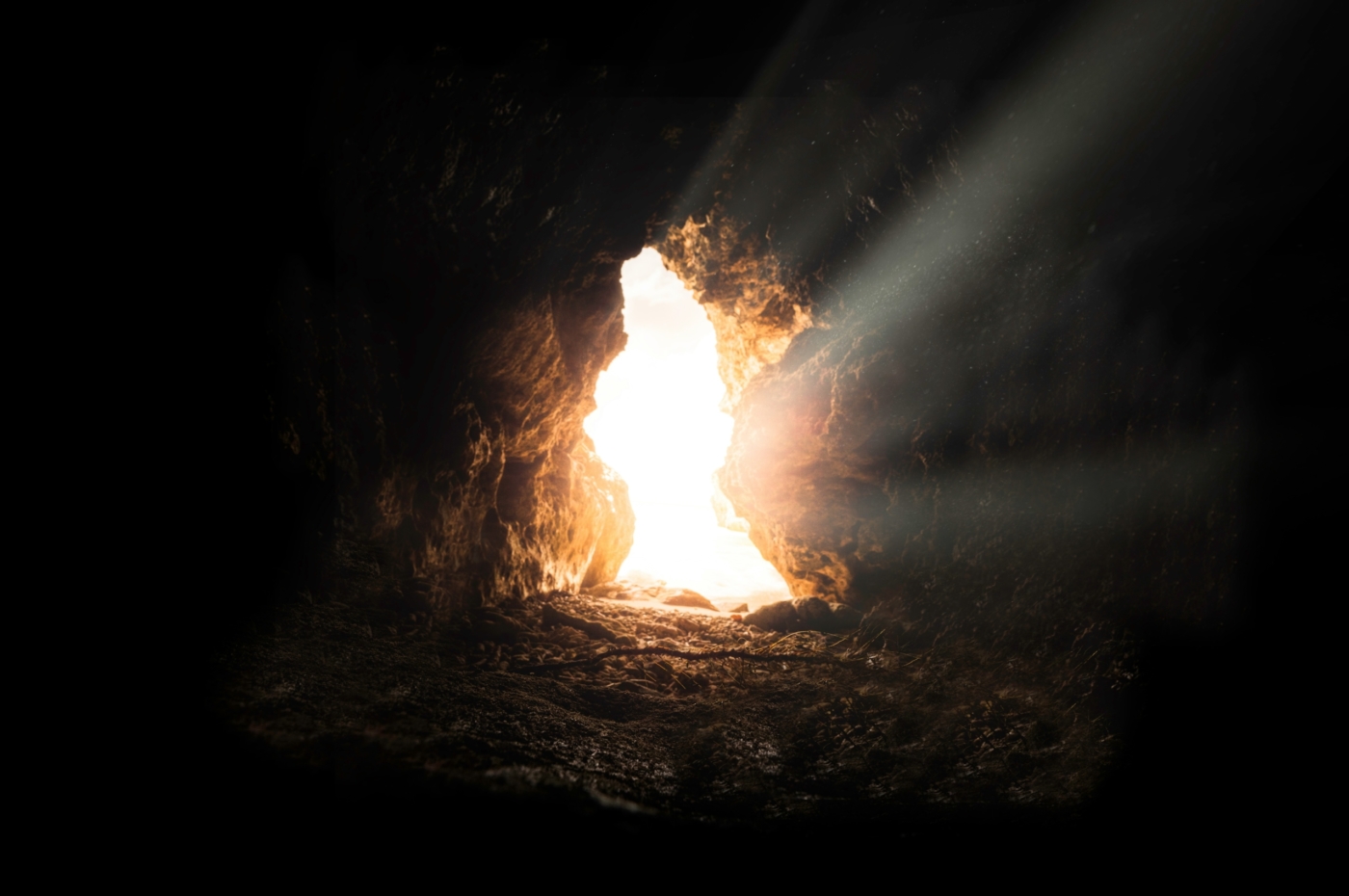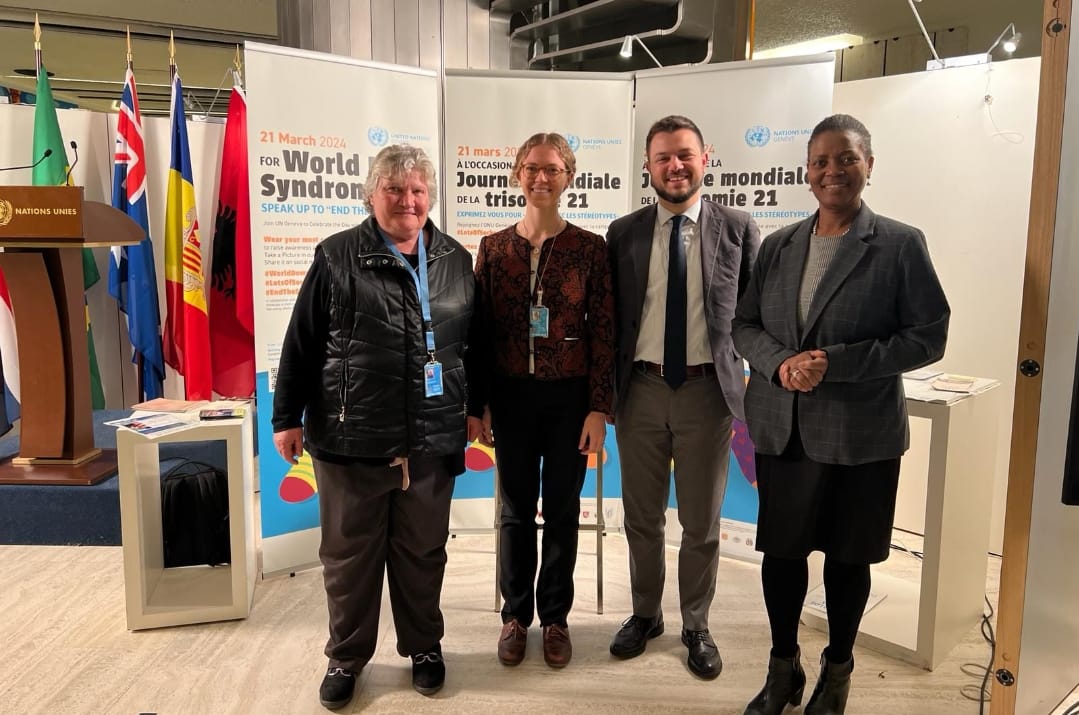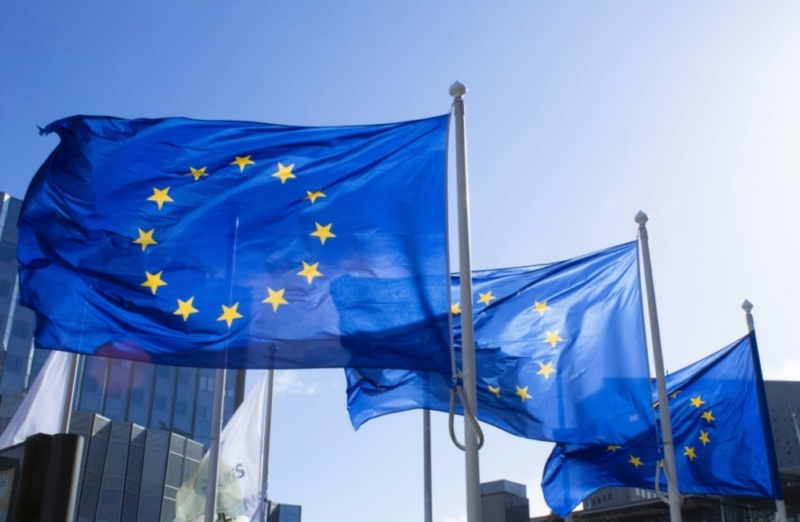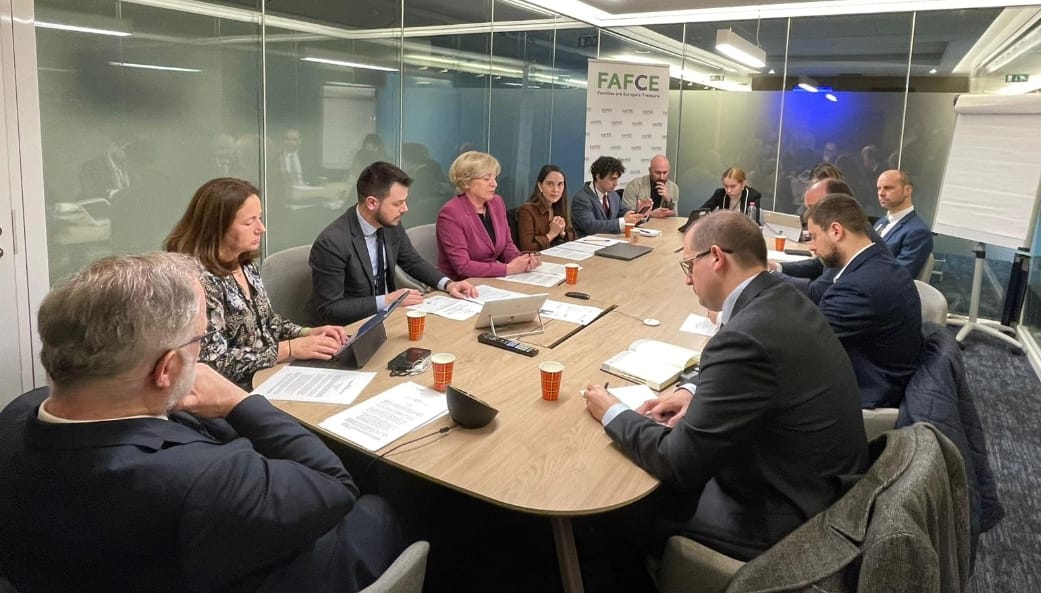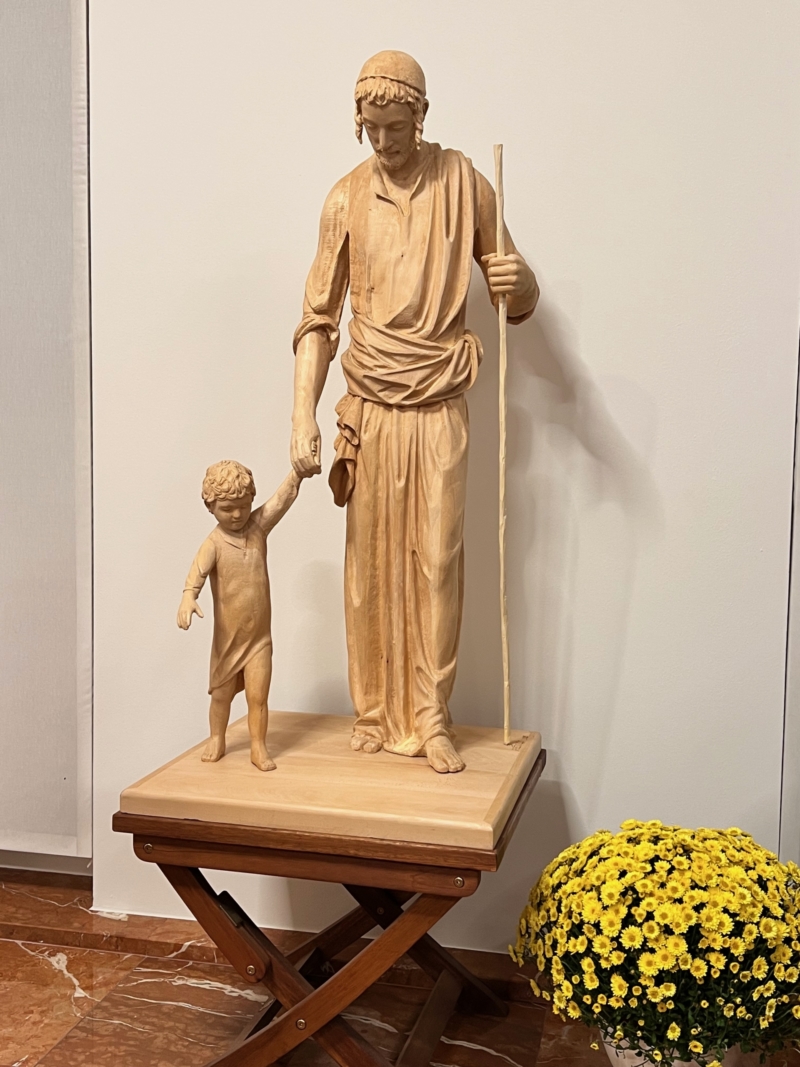Art & Family
The Family is very connected with Art. In this page we would like to encourage families with all their members to live with Art and to make of art by their lives living their faith.
As John Paul II Pope said in 1999 in its Letter to the Artists “Society needs artists, just as it needs scientists, technicians, workers, professional people, witnesses of the faith, teachers, fathers and mothers, who ensure the growth of the person and the development of the community by means of that supreme art form which is “the art of education”. Within the vast cultural panorama of each nation, artists have their unique place. Obedient to their inspiration in creating works both worthwhile and beautiful, they not only enrich the cultural heritage of each nation and of all humanity, but they also render an exceptional social service in favor of the common good.
The particular vocation of individual artists decides the arena in which they serve and points as well to the tasks they must assume, the hard work they must endure and the responsibility they must accept. Artists who are conscious of all this know too that they must labour without allowing themselves to be driven by the search for empty glory or the craving for cheap popularity, and still less by the calculation of some possible profit for themselves. There is therefore an ethic, even a “spirituality” of artistic service, which contributes in its way to the life and renewal of a people. It is precisely this to which Cyprian Norwid seems to allude in declaring that “beauty is to enthuse us for work, and work is to raise us up”.
The distinction between the moral and artistic aspects is fundamental, but no less important is the connection between them. Each conditions the other in a profound way. In producing a work, artists express themselves to the point where their work becomes a unique disclosure of their own being, of what they are and of how they are what they are. And there are endless examples of this in human history. In shaping a masterpiece, the artist not only summons his work into being, but also in some way reveals his own personality by means of it. For him art offers both a new dimension and an exceptional mode of expression for his spiritual growth. Through his works, the artist speaks to others and communicates with them. The history of art, therefore, is not only a story of works produced but also a story of men and women. Works of art speak of their authors; they enable us to know their inner life, and they reveal the original contribution which artists offer to the history of culture. A noted Polish poet, Cyprian Norwid, wrote that “beauty is to enthuse us for work, and work is to raise us up”. The theme of beauty is decisive for a discourse on art. It was already present when I stressed God’s delighted gaze upon creation. In perceiving that all he had created was good, God saw that it was beautiful as well. The link between good and beautiful stirs fruitful reflection. In a certain sense, beauty is the visible form of the good, just as the good is the metaphysical condition of beauty. This was well understood by the Greeks who, by fusing the two concepts, coined a term which embraces both: kalokagathía, or beauty-goodness. On this point Plato writes: “The power of the Good has taken refuge in the nature of the Beautiful”.
Tate Gallery is inviting us to Explore how artists have responded to the theme of Family
National Gallery Art is inviting you to Discover a variety of multi-generational programs
Kids and Families. The Met Museum has so much to offer kids and their families
Easter message from FAFCE
Brussels, 28th March 2024 Dear Friends, This week we celebrate with our families the mysteries of the passion, death and resurrection of Christ. With this newsletter, we wish you a peaceful Easter and also reflect on some of the many
FAFCE attends World Down Syndrome Day in Geneva
Brussels, 21st March 2024 FAFCE marked World Down Syndrome Day by participating in the event co-hosted by ART21 (Association Romande Trisomie 21) at the United Nations in Geneva. Pope Francis during World Down Syndrome Day in 2021 said that:
FAFCE stresses family-work balance priority at Tripartite Social Summit
Brussels, 21st March, 2024 On Wednesday 20th March, representatives from the EU institutions met at the Tripartite Social Summit. Co-chaired by the President of the European Council and the President of the European Commission (and featuring trade union and
FAFCE co-hosts Investing in the Family, Investing in the Future conference
Brussels, 20th March 2024 FAFCE co-hosted a conference yesterday entitled Investing in the Family, Investing in the Future. Held at the European Parliament in Brussels, the conference emphasised the significance of investing in family policies for a brighter future.
FAFCE celebrates Saint Joseph’s Day
Brussels, 19th March 2024 19th March marks the feast of Saint Joseph. In Spain, Portugal and Italy, Saint Joseph's Day is also celebrated as Father's Day. We wish everyone a blessed Saint Joseph's Day, especially to fathers and husbands.
Invest in the family to improve EU living conditions
Brussels, 15th March 2024 FAFCE welcomes the European Parliament debate held yesterday on living conditions in the EU. In the context of an exacerbating cost of living crisis, young families are often experiencing economic hardship, which undoubtedly impacts their

